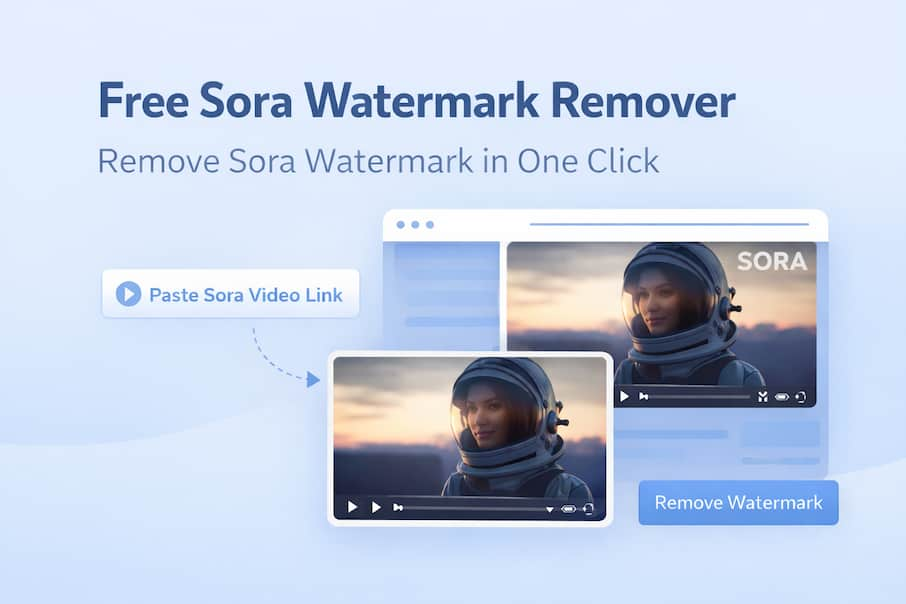When it comes to the success of your business, careful planning and thoughtful implementation are key. Lead nurturing strategies play a pivotal role in ensuring that you stay ahead of the competition while building long-term relationships with potential customers. Sure, online marketing tactics can be easily implemented without an internal team’s effort — however, for maximum effectiveness, teaming up with experienced professionals is the best approach when it comes to successful lead nurturing. This blog post explains why businesses thrive with thoughtfully crafted lead nurturing strategies — read on to learn more!
Personalization in Lead Nurturing
Personalization is a critical element in successful lead nurturing strategies. It’s not just about addressing your prospects by their names in emails. It goes much deeper, involving understanding their needs, interests, and behavior patterns. When asked how do you nurture leads, a common answer is to ensure that your prospects feel connected and understood. Personalization in lead nurturing means delivering tailored content that speaks directly to the needs of your potential customers, making them more likely to engage with your brand.
Effective Communication Channels
Utilizing effective communication channels is a paramount aspect of lead nurturing strategies. This not only includes leveraging traditional channels like emails, but also making use of social media platforms, personalized web content, and even direct messaging whenever possible. The key is to be present where your potential customers are most active and engage with them on a platform they prefer.
For example, if your target audience is active on LinkedIn, incorporating LinkedIn messages into your communication strategy could greatly enhance your lead nurturing efforts. The goal here isn’t to overwhelm your prospects with incessant communication but to interact in a way that adds value and fosters trust.
Content that Converts
The potency of your content can indeed make or break your lead nurturing strategies. Essentially, ‘Content that Converts’ is about creating and sharing engaging, valuable, and relevant information that prompts a prospective customer to take action. To do this, you must understand your target audience’s pain points and offer solutions through your content. This could be in the form of informative blog posts, enlightening webinars, helpful how-to guides, or insightful case studies.
It’s not just about selling your product or service; it’s about conveying your brand’s value proposition in a way that resonates with your audience. By providing content that is truly beneficial and solves their problems, you not only build trust but also create a sense of reciprocity. The audience is more likely to engage with your call-to-action (CTA) after receiving something of value. The ‘Content that Converts’ approach is a powerful tool in your lead nurturing arsenal that can significantly boost your conversion rates and, ultimately, your bottom line.
Lead Scoring
Lead scoring is a critical component in lead nurturing strategies that helps businesses prioritize their leads based on their level of interest and readiness to buy. Implementing a lead scoring system involves assigning a numerical value— a score, to each lead, based on specific criteria such as the relevance of their profession, their interaction with your website, email responsiveness, or social media activity.
A well-designed lead scoring model enables your sales and marketing teams to focus their efforts on leads with the highest scores—those most likely to convert into customers. This not only yields a better return on investment in your marketing efforts, but it also enhances the efficiency of your sales cycle.
Systematic lead scoring offers valuable insights into your leads’ behavior and preferences, allowing you to refine and optimize your lead-nurturing strategies over time. Consequently, lead scoring is a vital tool that contributes significantly to business growth by ensuring that your sales team’s time and resources are invested in pursuing the leads with the greatest conversion potential.
Consistency in Follow-Up
Consistency in follow-up forms a crucial aspect of effective lead nurturing strategies. Once a prospect shows interest in your brand, maintaining regular, meaningful engagement can significantly increase the chances of conversion. Follow-up communications should not be arbitrary or intrusive; instead, they should offer additional value, providing answers to potential queries or sharing resources that further pique the potential customer’s interest.
This could be in the form of a quick check-in email, regular newsletters, or an invitation to a webinar or event. Regular follow-ups help keep your brand at the forefront of the prospect’s mind, signaling that you are genuinely interested in building a relationship rather than just making a sale.
Consistency should also be maintained in the frequency of your follow-ups. Too many can be off-putting and may even lead to the prospect unsubscribing from your communications. On the other hand, too few can result in your brand falling out of their consideration set. Striking the right balance is crucial, and this balance may vary from one prospect to another.
In conclusion, lead nurturing strategies are foundational to the success of any business. They involve a careful understanding of your target audience, personalized communication, valuable content, and consistent follow-ups. By implementing these tactics thoughtfully and consistently, businesses can thrive in establishing strong relationships with potential customers and driving conversions. So don’t overlook the importance of lead nurturing – start building your strategy today!









